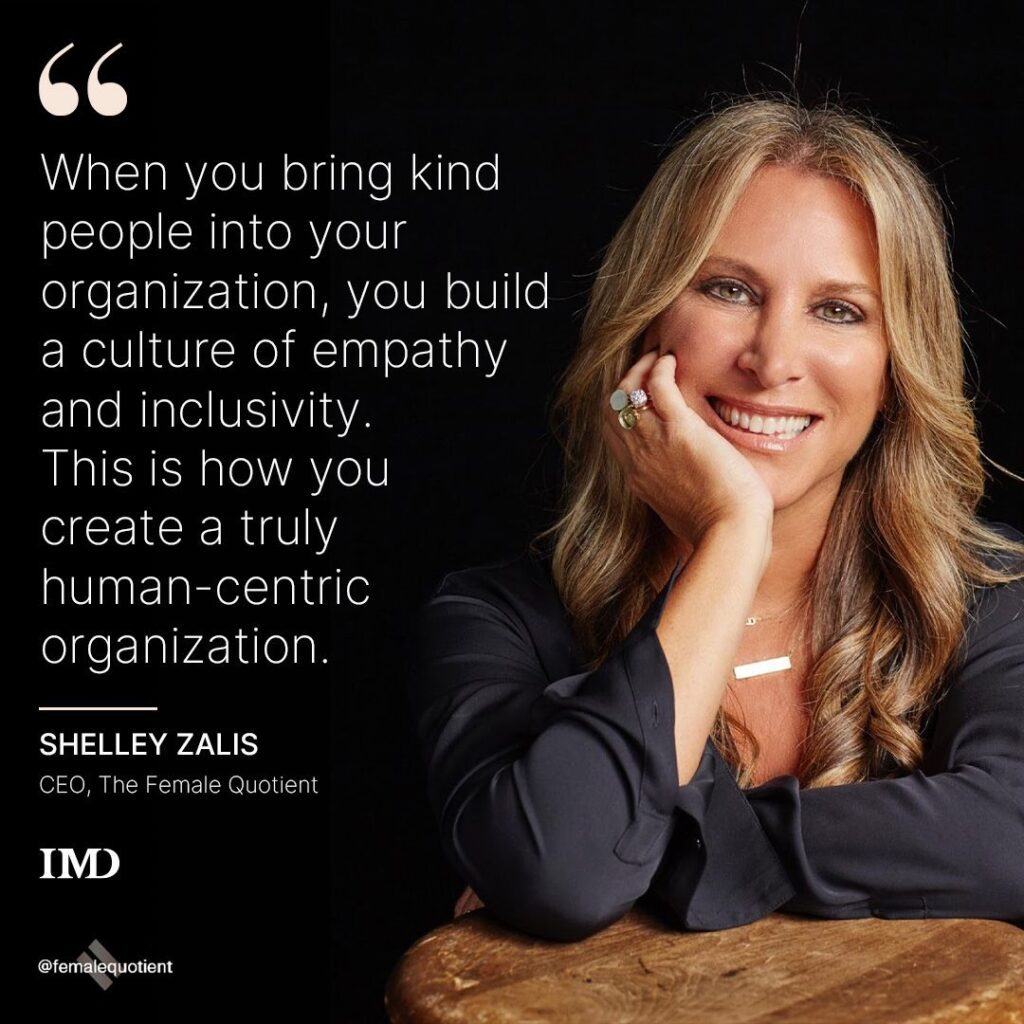Personality Hires: How Soft Skills Are Redefining Hiring Practices

Shelley Zalis, CEO of The Female Quotient, makes a compelling point: Bringing kind people into your organization fosters a culture of empathy and inclusivity, creating a truly human-centric workplace. This got me thinking—are we placing too much emphasis on experience in the job market? When it comes to what truly sets candidates apart, could there be a hidden X factor beyond just skills and qualifications?
Over the past few months, big publications like Forbes, Fast Company, The Wall Street Journal, and even Cosmopolitan have all taken a closer look at the idea of the “personality hire” — the notion that charisma and emotional intelligence can sometimes outweigh hard skills when it comes to hiring. So, is it just another buzzword, or could there be real advantages for both companies and job seekers?
In short, personality hires bring more than just technical know-how to the table. They’re the people whose soft skills often outshine their hard ones. These employees naturally foster collaboration, boost team morale, and fit seamlessly into the company culture. Fast Company points out that, in today’s work environments where adaptability and teamwork are key, having someone who meshes with the team can be a game-changer. Companies that prioritize hiring for personality tend to build stronger, more cohesive teams, which leads to lower turnover and higher satisfaction.
For employers, hiring for personality can be a smart, strategic move. As The Wall Street Journal points out, companies aren’t just filling roles when they prioritize personality—they’re shaping the culture. In positions like customer service or leadership, where communication is key, traits like emotional intelligence and enthusiasm often have a more lasting impact than technical skills alone.
For job seekers, being a personality hire can open doors you might not expect. Forbes highlights that candidates with a positive attitude and strong interpersonal skills can stand out, even in competitive fields, without needing to check every technical box. Sometimes, it’s less about what you know and more about how you connect with others.
While your experience is certainly valuable and something to be proud of, your attitude deserves the same spotlight. Both your skills and mindset shape how you approach work, but experience can evolve with the role. What remains consistent is who you are—and that’s where adaptability, driven by personality, truly shines.